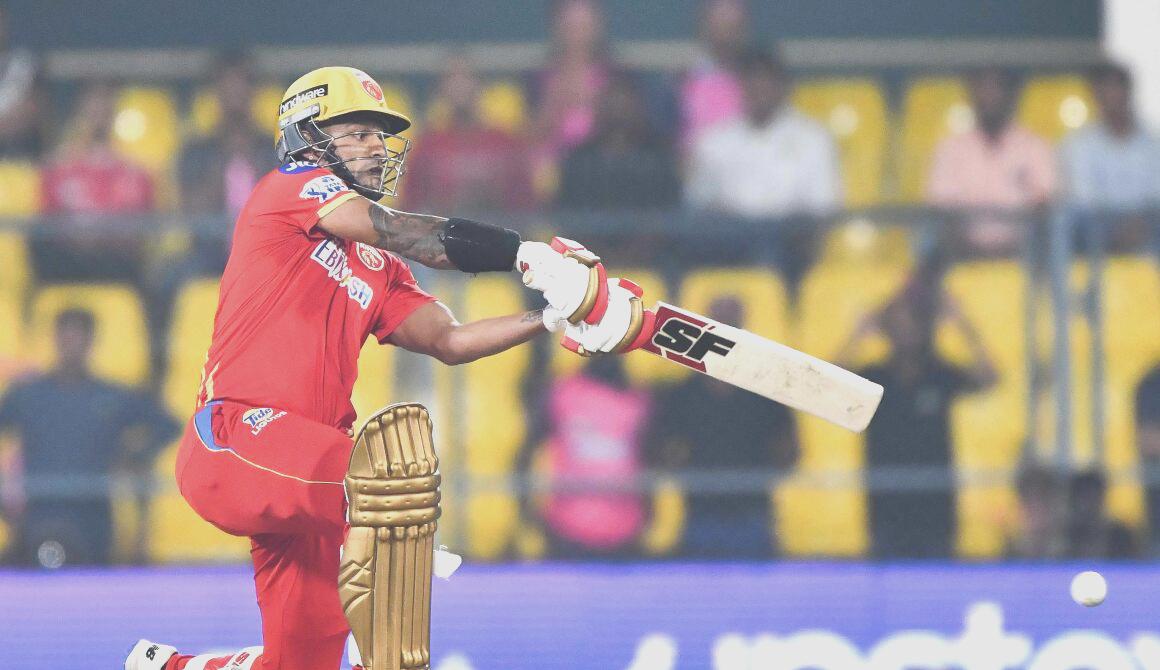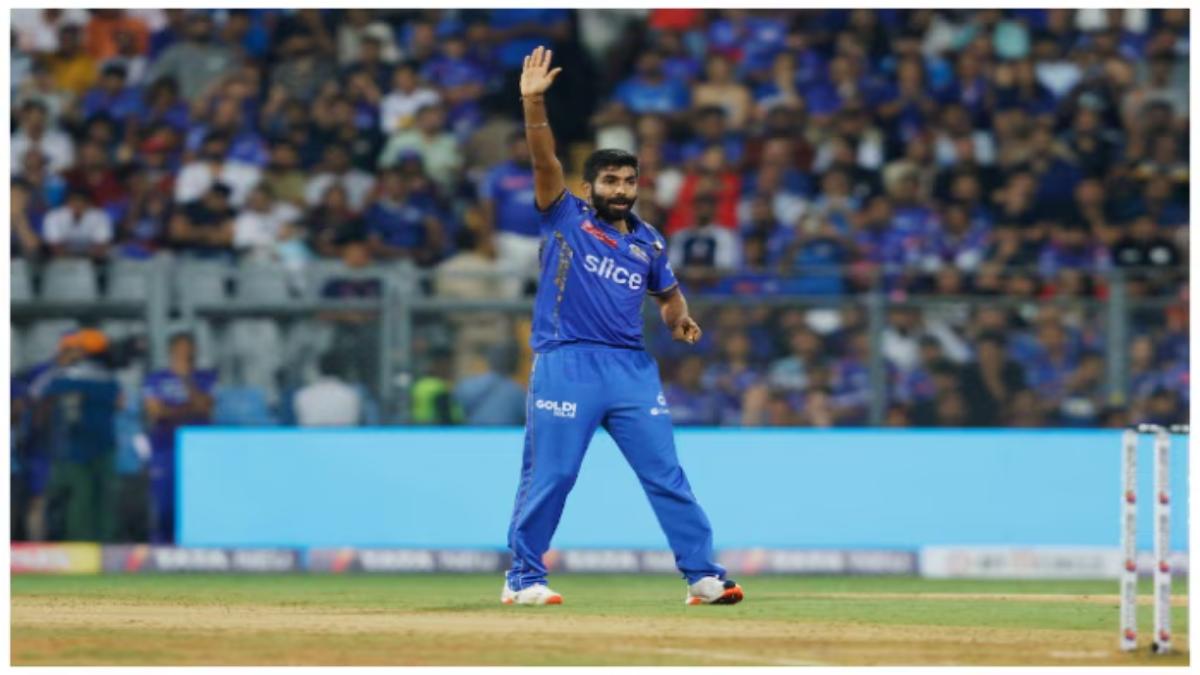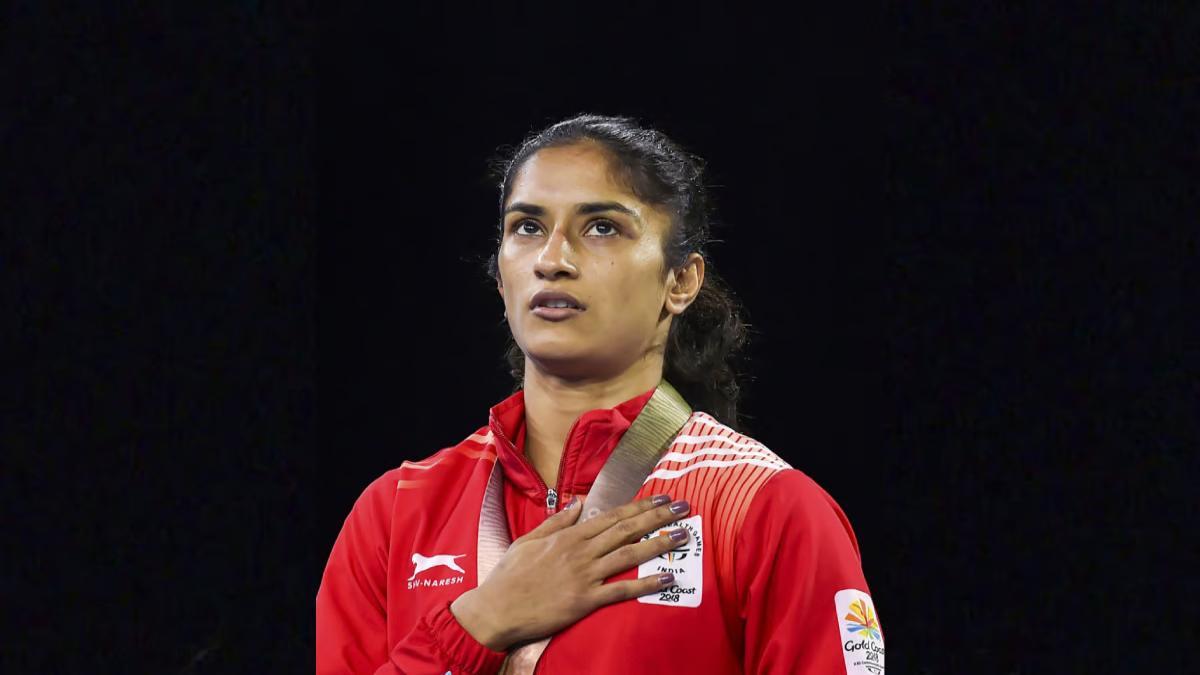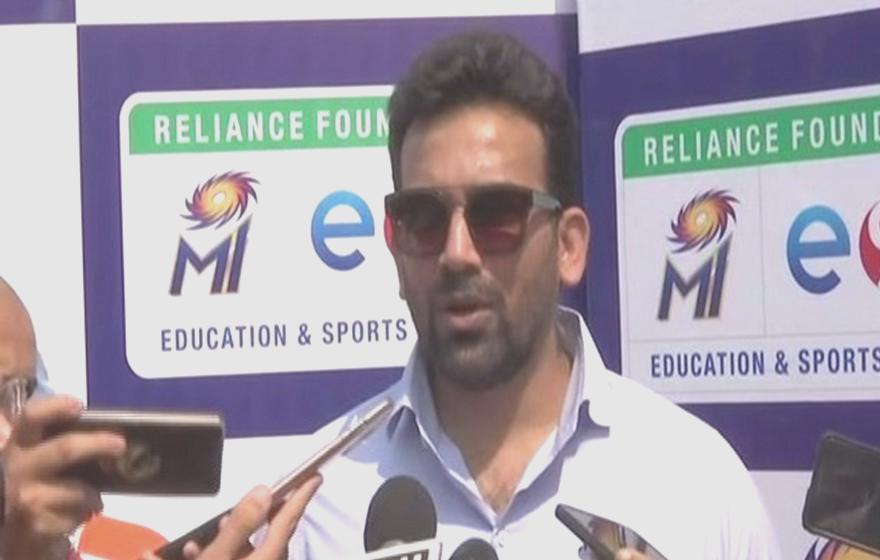Melbourne, Jan 31 (360 info) Technology has been changing sport for more than a century.
What athletes wear, the way they prepare, how matches are officiated and how spectators interact with their teams and favourite players has been continually altered by advances, from the first photo-finishes in horse racing (invented in 1948 to stop cheating but not used widely until the 1960s) to motion sensors and multiple cameras to catch an offside or foul in the 2022 men’s FIFA World Cup final.
With sport now a global business worth $600 billion annually, the stakes are high. Tech is constantly evolving as teams and individual athletes jostle for the edge that can mean the difference between winning and losing.
These developments then spill over into consumer items and online apps for fans. The sports tech market is expected to double to $41.8 billion in just five years.
At the recent Australian Open, tech giant Infosys developed a bespoke “tennis platform” for the 2023 tournament for fans, players and tournament officials.
One of the innovations was artificial intelligence-generated videos to provide players and coaches with game and competitor insights for post-match reviews and pre-game analysis.
AI is now predicting the outcome of football games, and goes into great detail. ChatGPT, an AI software, was used to predict the outcome of last Friday’s FA Cup clash between the two top teams in England: Manchester City and Arsenal.
Using data from old team sheets and looking at the squads, the chatbot predicted Arsenal would beat City 2-1 with Eddie Nketiah scoring twice for Arsenal and Kevin De Bruyne for City.
It also said Manchester’s Riyad Mahrez would miss a penalty.
As it happens, City won 1-0 with a goal from Nathan Ake.
Technology is revolutionising sport by live-tracking performances, perfecting body movements, enhancing communication and is close to possibly eliminating injuries. Tech has become smaller and more reliable.
Athletes wear sensors that convey real-time information.
GPS can pinpoint motion. Smartphones keep everyone abreast of performance and can even warn coaches of potential injuries before they happen.
On the sidelines, cameras and virtual reality examine games from every conceivable angle and now provide match officials with the means to review decisions. Imagine the football World Cup without VAR, or cricket and tennis without Hawkeye.
In football, referees will soon be communicating directly with fans to explain decisions, as already happens in America’s National Football League.
Meanwhile, data is more crucial to sport than ever.
Coaches can crunch numbers to decide training schedules, tactics, or identify the next generation of talent.
Data enhances the fan experience be it through fantasy games or gambling.
Fans, who can already view events on their devices in the stadium, also have access to real time player data.
But is tech changing things for the better? If sport is fast becoming a technological arms race where those with the best access to latest advances will always end up winning, will it ever become predictable and therefore bland? Whether all these developments enhance or detract from the purity of sporting competition is still open to debate.
What is clear is that tech innovations in sport are here to stay and will continue to play a role as humans strive to be swifter, higher and stronger. (360info.org) VM
Source: PTI News














